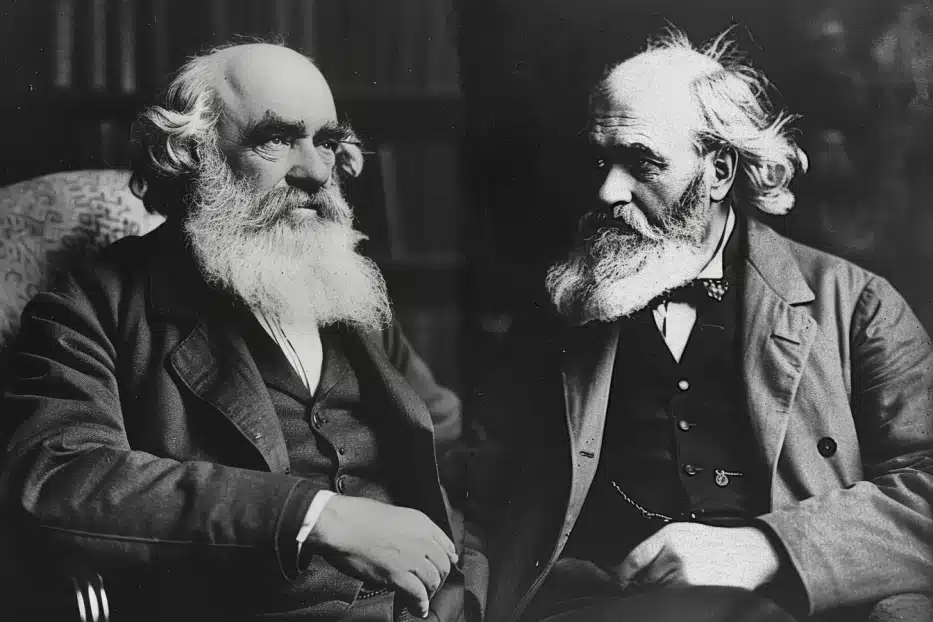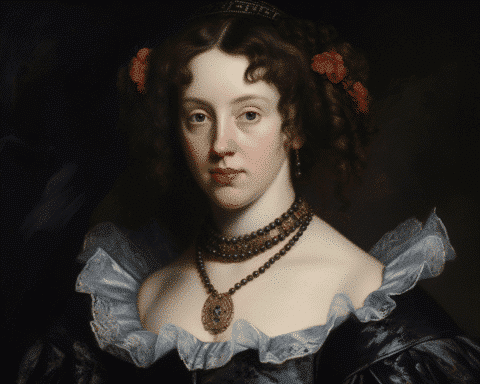In a fascinating intersection of intellectual titans, a signed copy of “Das Kapital” by Karl Marx, gifted to Charles Darwin, remained largely untouched, casting light on the curious dynamics between these two 19th-century figures. This incident, revealing an “amusing insight” into their relationship, underscores the divergent paths of two of history’s greatest minds.
Karl Marx, the economist and philosopher known for his critical analysis of capitalism, sought to connect with Darwin, the father of evolutionary biology, by sending him a personal copy of his work in June 1873. Marx’s inscription, “on the part of his sincere admirer, Karl Marx,” hinted at respect and intellectual camaraderie toward Darwin. However, the reception of this “unsolicited gift” was tepid at best. English Heritage, caretakers of Darwin’s former home, Down House, noted that the book’s pages remained mostly uncut – a sign Darwin barely attempted to engage with Marx’s magnum opus.
Darwin’s eventual response sent nearly three months later, was polite yet distant, expressing a wish to better understand the “deep and important subject of political Economy” despite their vastly different academic pursuits. This exchange, while cordial, suggested a mutual respect not fully bridged by shared intellectual endeavor.
Tessa Kilgarriff, curator at English Heritage, reflected on the episode as a revealing moment between “two of the greatest minds of the late 19th century,” illustrating both Marx’s admiration for Darwin’s theories and Darwin’s possible disinterest or struggle with the German text. The conservation and display of this particular copy of “Das Kapital” at Down House not only offers a glimpse into the personal lives of these intellectuals but also highlights the broader societal impact of Darwin’s evolutionary theory during the Victorian era.
Despite the unopened pages, this episode between Marx and Darwin is a testament to their enduring legacies. As this book goes on display, visitors to Down House can ponder the complexities of intellectual exchange and the unseen boundaries that sometimes exist between even the most brilliant minds.
The story of Marx’s gift to Darwin serves as a poignant reminder of the diverse and rich tapestry of human thought. It invites us to consider the intersections of science, economics, and philosophy in shaping our understanding of the world. As we reflect on their legacies, we are reminded of the importance of intellectual curiosity and the endless pursuit of knowledge.


